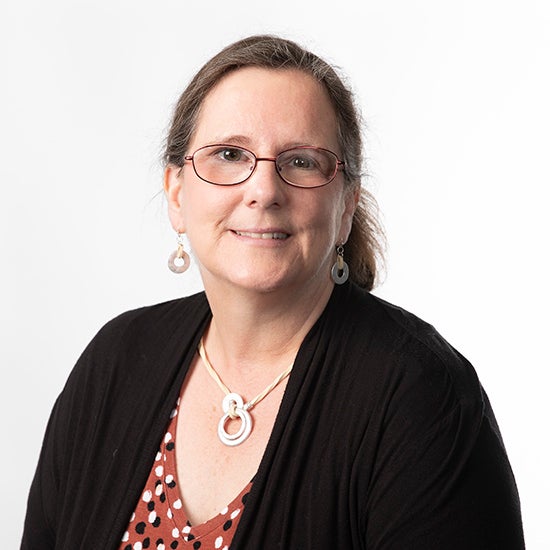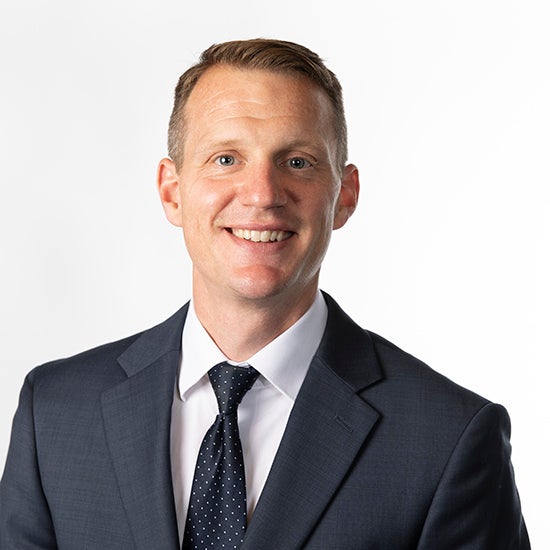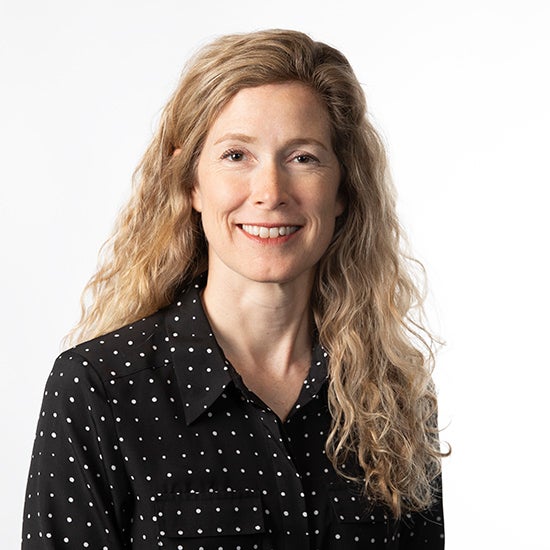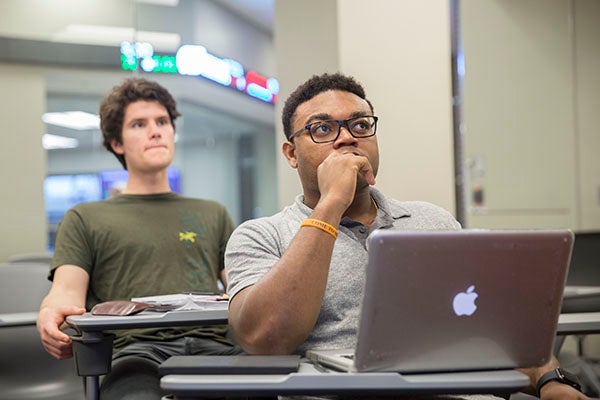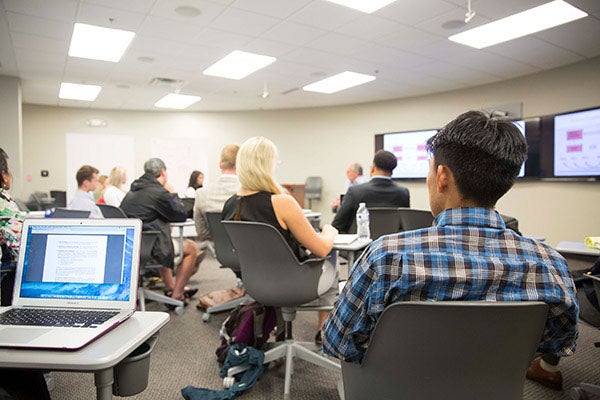Program Overview
Interested in exploring what’s beyond math’s basics? Here, you will receive a thorough foundation of applied mathematics including an in-depth study of calculus concepts. Highly qualified professors will walk alongside you to ensure your comprehension along the way resulting in useful, practical knowledge. With this additional training in mathematics, you will become increasingly marketable within a handful of various industries.
The more mathematics an engineering, science, computer science or business student takes, the more jobs openings and graduate school openings are available to that student. The applied mathematics degree is an especially good choice for a double major for students who are already required to have a minor in mathematics, such as engineering and computer science majors. It also qualifies business students to work as an actuary.
Our Faculty
Career Paths
Mathematical technicians
Apply standardized mathematical formulas, principles, and methodology to technological problems in engineering and physical sciences in relation to specific industrial and research objectives, processes, equipment, and products.
Mathematicians and Statisticians
Mathematicians and statisticians analyze data and apply mathematical and statistical techniques to help solve real-world problems in business, engineering, healthcare, or other fields.
Actuaries
Actuaries analyze the financial costs of risk and uncertainty. They use mathematics, statistics, and financial theory to assess the risk of potential events, and they help businesses and clients develop policies that minimize the cost of that risk. Actuaries’ work is essential to the insurance industry.


